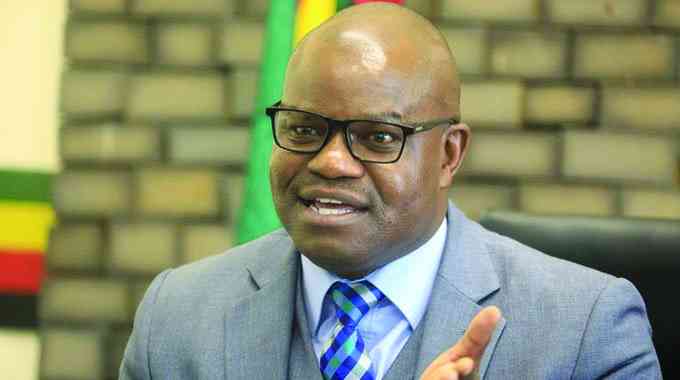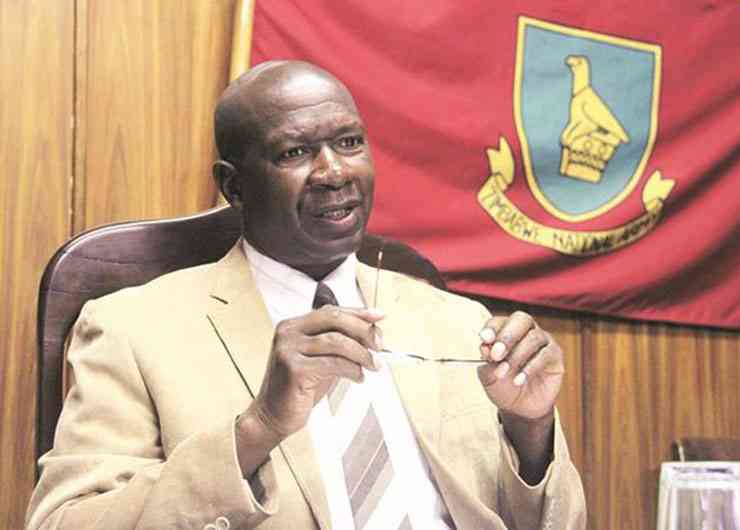
THE government will freeze the bank accounts of 51 suppliers blacklisted for illegal foreign currency dealings this week, with authorities considering possible prosecution of the offenders, the Zimbabwe Independent has learned.
In an interview, Information, Publicity and Broadcasting Services permanent secretary Nick Mangwana revealed that the National Prosecution Authority (NPA) will determine the next steps.
Mangwana acknowledged that these firms turned to the black market to protect their businesses after being paid in the then rapidly depreciating Zimbabwean dollar.
The Zimbabwe dollar, which had lost about 700% of its value on the black market, was decommissioned on April 5 and replaced with the Zimbabwe Gold (ZiG).
Since then, the Reserve Bank of Zimbabwe (RBZ) has intensified its efforts to combat inflationary pressures.
“Government action in such cases is normally debarring such companies,” Mangwana said yesterday.
“This will stop them from supplying to the government. If the NPA believes there is enough evidence of a crime then prosecution will certainly follow, which include the closing of the accounts.
“These companies got money from the government after supplying goods or services. They then took the money and changed it to US dollars on the black market.
- Survey exposes magistrate courts
- Staff exodus hits NPA, AG
- Muckraker: Power cuts: Undeniable sign of economic growth
- Diasporans prop up CCC 2023 preps
Keep Reading
“That is the gist of the cases. There is no direct prejudice to the government. What is affected by such actions is the exchange rate, which affects the performance of the economy and the welfare of ordinary citizens,” he added.
Mangwana noted that the firms' "illegal actions" were driven by a desire to preserve the value of their investments in the stable US dollar.
“Let me make it clear that the transgression by these companies is not that they got money and failed to perform or supply,” he said.
“It is that when they got paid for the goods or services, they went to the black market and changed the money to US dollars to hold value.”
Most blacklisted firms had contracts with the Ministry of Defence and the Office of the President and Cabinet (OPC).
Ten firms affected by the crackdown had deals with the Ministry of Defence, and seven were suppliers to the OPC. The Ministry of Home Affairs also had a significant number of blacklisted suppliers.
In a statement released Wednesday, Finance minister Mthuli Ncube announced that blacklisted firms are barred from supplying the government.
He added that this measure would extend to any companies associated with the directors of these firms.
“This action has been taken in pursuit of government’s continued efforts to improve economic stability and restore confidence in the financial system and provide a conducive business climate,” Ncube said.
The Public Procurement and Disposal Act mandates government agencies to follow open tendering regulations to procure goods and services at the lowest price.
Open tendering is widely regarded as a transparent procurement process that allows fair competition among contractors, suppliers, or vendors.
The blacklisted firms include Avante Garde Group, Citicom, Voiccast Investments, Technology Bank, Spidex Media, Travel Leaders, and Passion Events.
Others are Bezzei Enterprises, Golyn Supply Chain Solutions, Lennillim Investments, Advetoois Private Limited, Swasfontain, Siketaal Investments, Motornet Private Limited, ZimQuick Windscreen, Long Reach Technologies, and Blessing Africa Tech Private Limited.
Four companies — VanCliff Investments, Latoma Investments, Printmill Private Limited, and Arc Travel Private Limited — also accused of illegal foreign currency dealings, were engaged by the Ministry of Home Affairs.
The Ministry of Health and Childcare also featured prominently on the list of agencies dealing with the blacklisted firms.
The Procurement Regulatory Authority of Zimbabwe said it could not comment on the matter.










